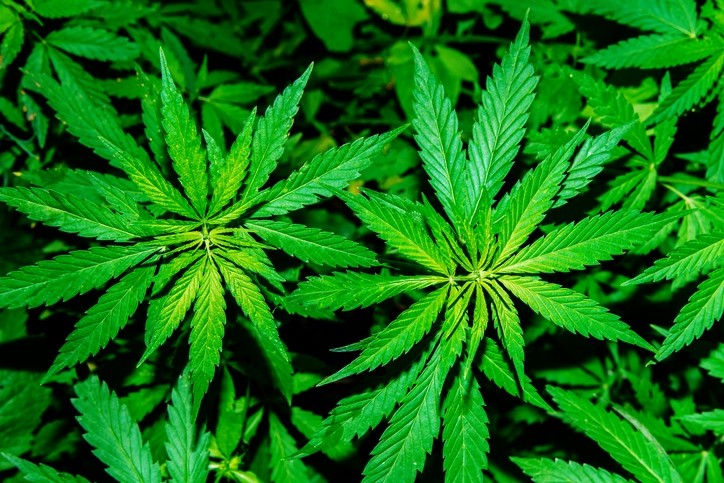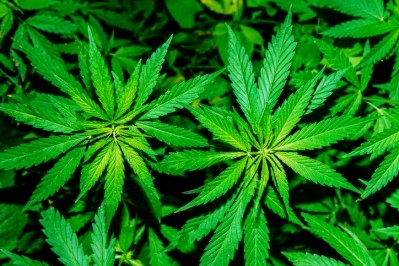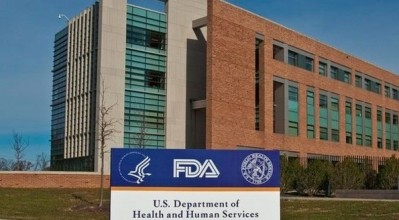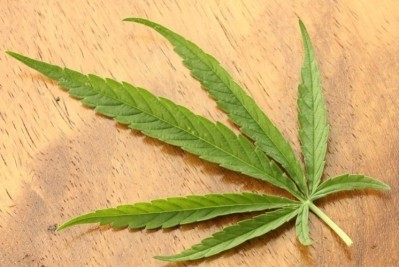Test finds poor quality in Greek CBD products; experts divided on what is means for US

In the recent communication, GemmaCert, a company based in Tel Aviv that is marketing a tabletop non destructive testing device for cannabis/hemp products, said a test it had run in Greece found major discrepancies in CBD products bought off the shelf there.
Test based on proprietary device
The test, which was funded by GemmaCert and used its device, which uses a spectrometry approach, reportedly was run by a team in the Department of Pharmacy at the University of Patras in Greece. The company said the findings will be presented at the 20th International Congress of the International Society for Ethnopharmacology to be held in Thessaloniki, Greece, in April 2020.
According to GemmaCert the test revealed that of seven products tested, none of which were named, none met label claim in terms of CBD content. The best performing product had 72% of the stated level of CBD, while the worst had only 29%.
The level of failure reflects the problems FDA found when it tested CBD products in 2016, when it found that only four of 16 products came close to meeting label claim for CBD content.
Flora Labs: Potency problems still abound
James Neal Kababick, founder and director of Flora Research Laboratories, said he has seen continued potency and purity issues in the US marketplace. In late 2018 his company announced the capability of testing for 370 different synthetic cannabinoids.
“We have seen substantial potency issues in the CBD market and continue to see them today. In fact, in our most recent round of testing, several products had no detectable CBD in them despite being marketed as CBD products with a claimed potency. We are also continuing to see adulteration with synthetic cannabinoids,” Neal Kababick told NutraIngredients-USA.
Neal Kababick said the dietary supplement industry as a whole is maturing. The issues in the CBD market reflects the state of market as a whole decades ago.
“The issues with label claim are a problem in the mainstream dietary supplements industry but not at the levels that are found in the CBD market (at least not from our testing). The industry is maturing and quality is rising. However, if you follow the FDA inspections, there continues to be no shortage of companies failing to establish ingredient/product specifications as well as testing,” he said.
Alkemist CEO: Problems don’t afflict top end of market
Elan Sudberg, CEO of Alkemist Labs, said the failures seen in Greece are not reflective of the best level of companies and shouldn’t be used to tar the entire sector with the same brush.
“This is very different from what we see, but keep in mind that our slice of the dietary supplements market AND the hemp market is composed of mainly best in class clients. As a result, our failure rate is low; we don't see that kind of discrepancy in the CBD testing nor the dietary supplement testing,” he said.
“If I shop the web or gas station CBD companies and test no-name products we too would likely find these results,” he added.
“It should also be noted that it appeared from the press release that the point was to compare two different test methods, one of which (NIR) which is not readily accepted neither in the dietary supplement nor hemp industry as a reliable method for quantitation, to champion a specific brand of equipment,” Sudberg concluded.









